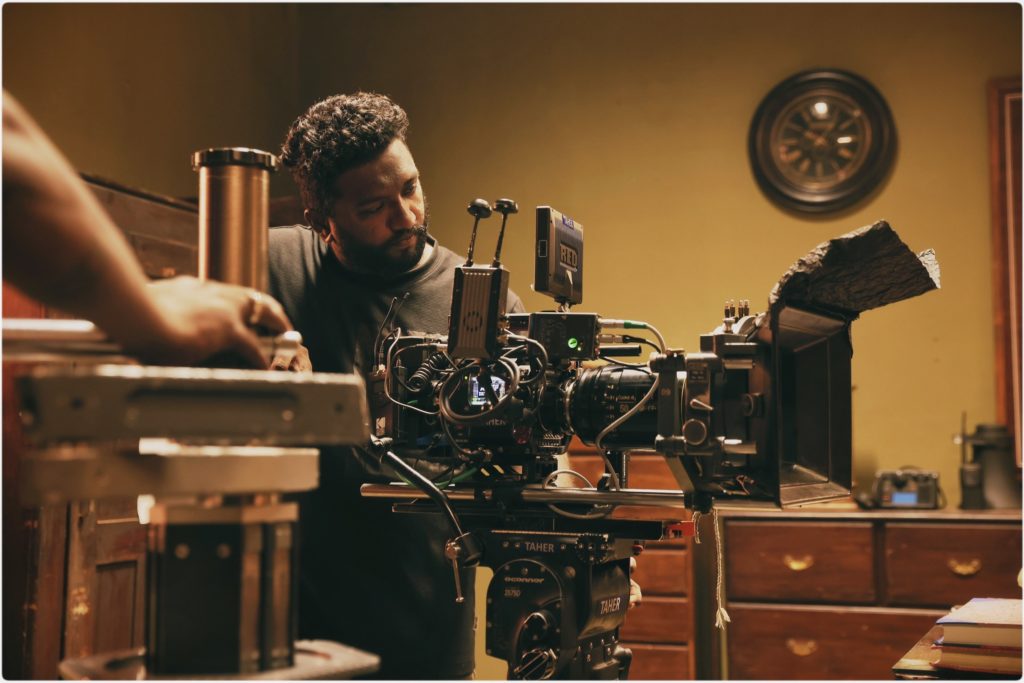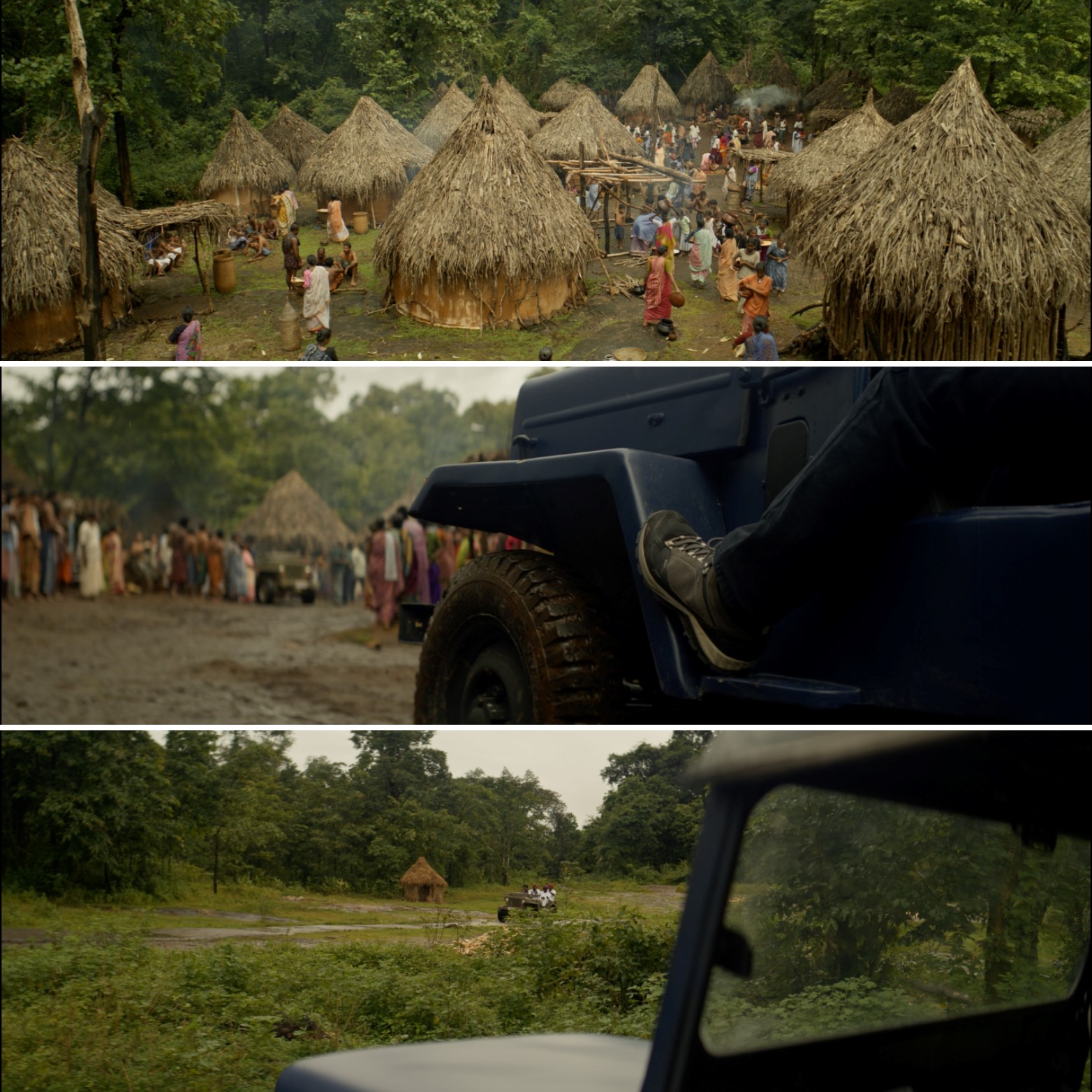Christopher, a major new Malayam action film directed by B. Unnikrishnan and starring veteran actor and superstar of Indian cinema, Mammootty, gave cinematographer Faiz Siddik a welcome opportunity to use Cooke Anamorphic/i FF SF (Full Frame Special Flair) lenses for the first time, while paving the way for the digital anamorphic format in India.
Christopher follows a maverick cop who is forced to work outside the limits of the law when the system fails. The story weaves across the past and present, while revealing the motives that shape his actions.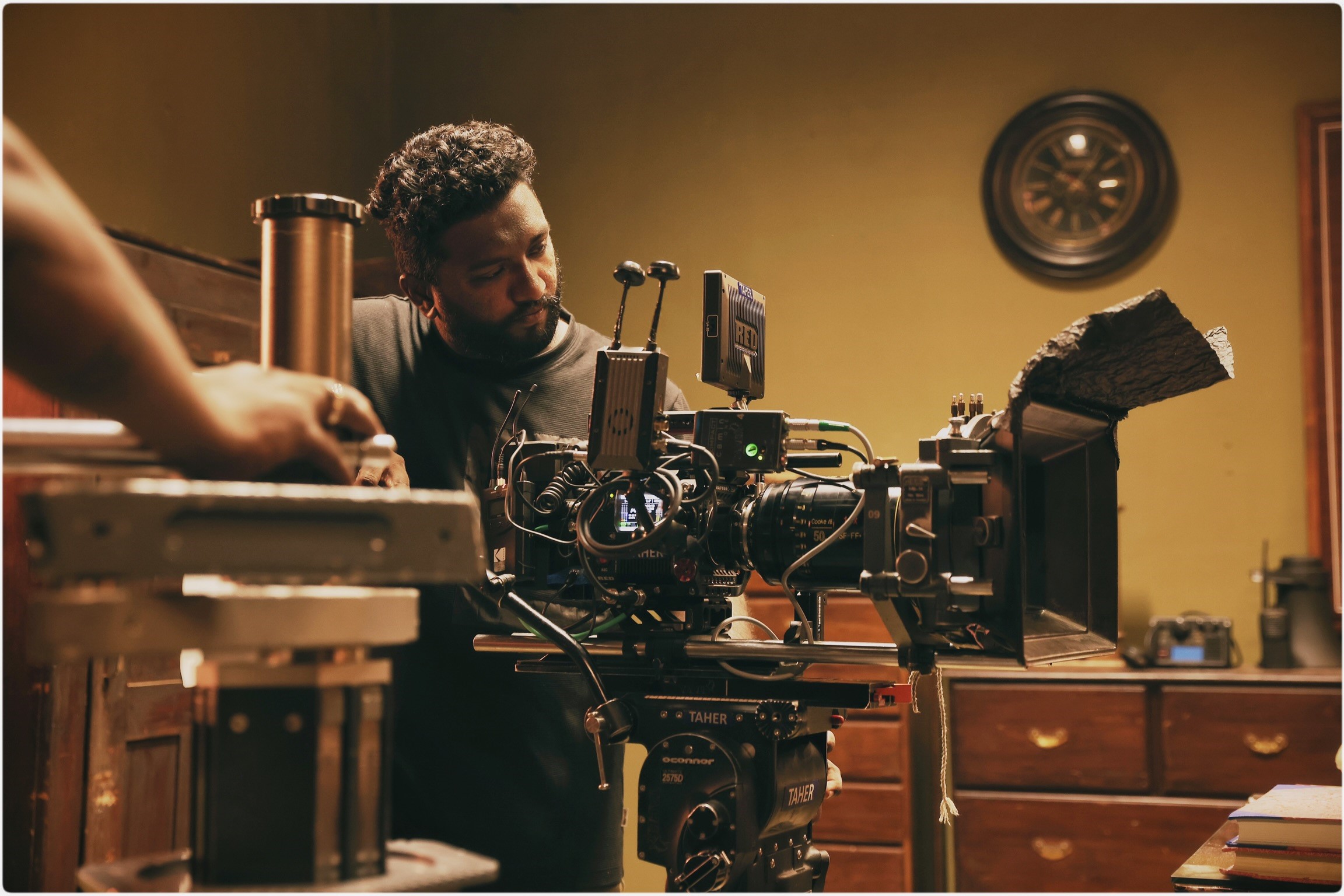
“The director wanted to shoot anamorphically, which was very interesting to me,” said Siddik. “He has been in the industry more than 20 years, so of course was familiar with anamorphic film cameras. Many cinematographers are using anamorphic for digital right now. Mr. Unnikrishnan wanted that classic filmic look, so he asked me which anamorphic lens I would prefer, regardless of cost. I did some research and found the Cooke Anamorphic/i FF with 1.8x squeeze. I love Cooke lenses after using S4/i’s on two previous films, so I immediately spoke to Taher Cine Tekniq to get their opinion on the lenses and arrange a test.”
Siddik was overwhelmed with the test. “It looked amazing, I don’t have words for that. With other anamorphic lenses I looked at, the distortion was too much; with the Cookes, the spherical and the anamorphic are blended, everything is perfect – and so sharp, so crisp.”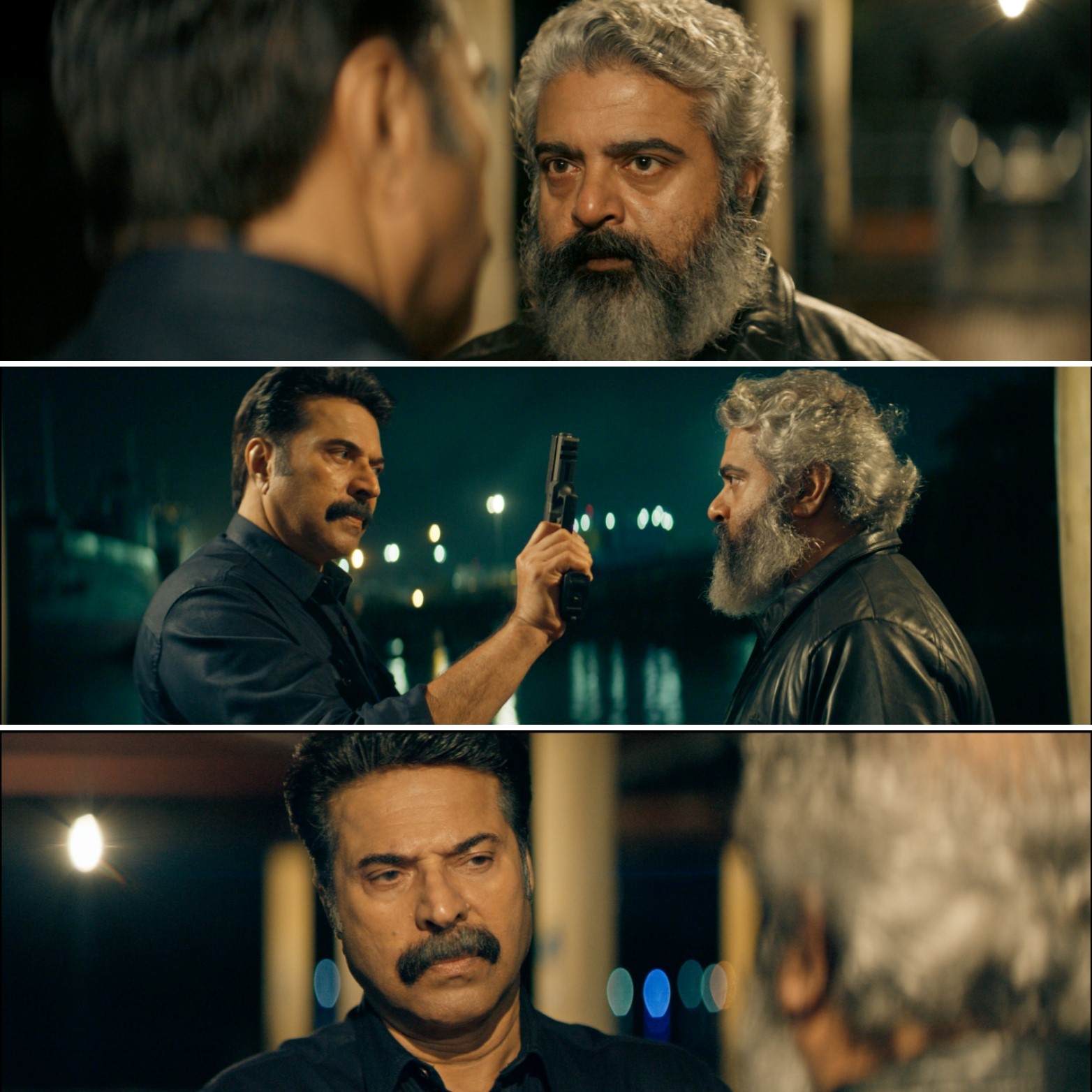
With a big budget and high production values, the director Unnikrishnan was happy for Siddik to use the full set of Cooke Anamorphic/i FF SF lenses. He also trusted Siddik’s choice of camera.
“I chose the RED V-Raptor for this project because I felt it was slightly wider, and also it would be better for slow-motion/high-speed shots and ramping in-camera, which featured a lot in the film,” Siddik explained. He used two RED V-Raptors with the Anamorphic/i FF SF lenses shared between them.
The star, Mammootty, was interested in the digital anamorphic equipment. “Mammootty has also been in the industry for many years and has a great understanding of the technology – in fact, he owns a lot of cameras and accessories himself. He wanted to know about the framing of each shot and was concerned about distortion when I was using the 32mm lens so close to him, but with the Cookes, I was able to say, ‘Sir, don’t worry about it!’ It is great to have an actor that questions and understands the technicalities of the job.”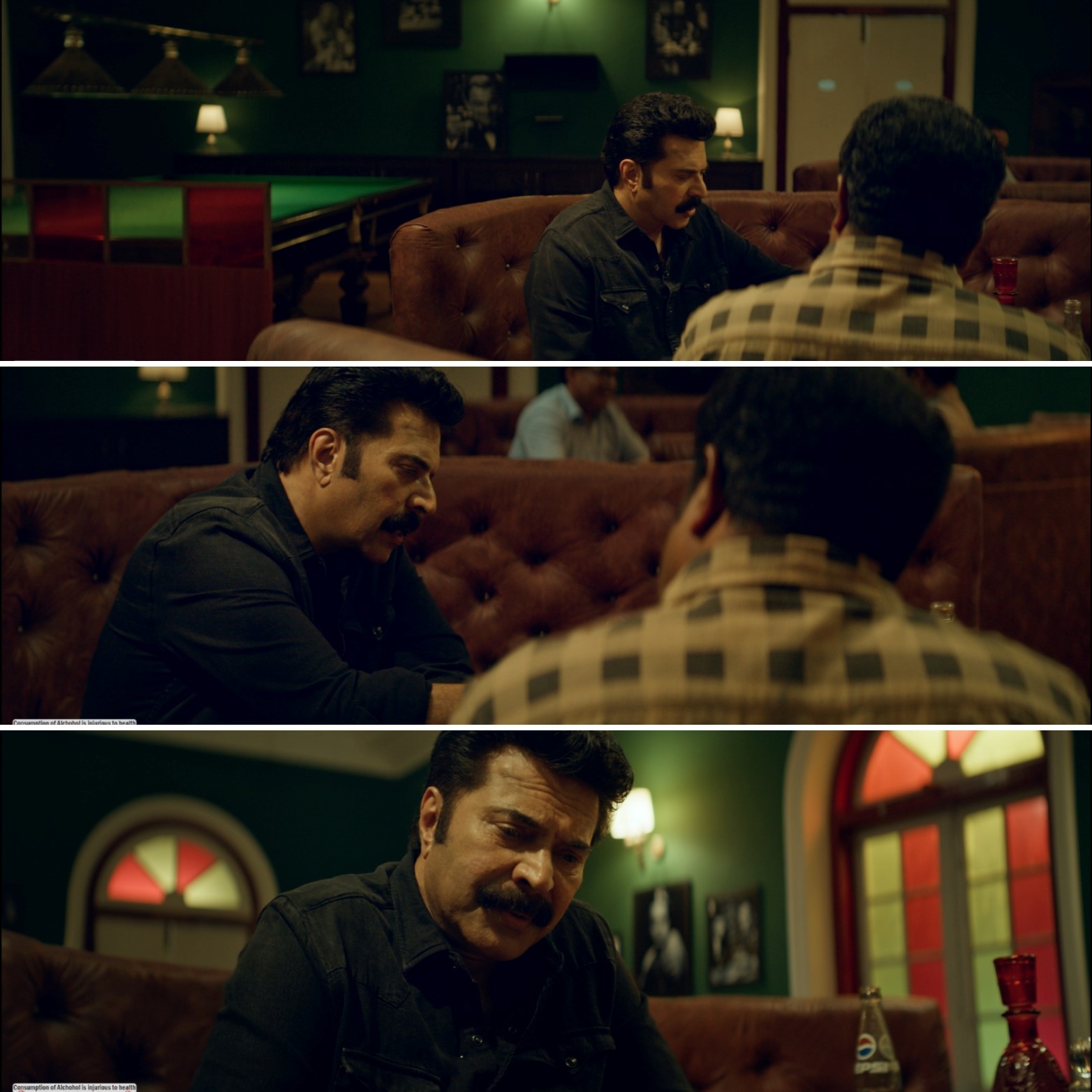
The film was shot entirely on location over 73 consecutive days, with 55 different locations – all located within a 50km radius – representing four Indian states: Kerala, Karnataka, Tamil Nadu, and Madhya Pradesh.
“The art director and I had a week to recce the locations, we worked well together, and the director had the final approval. It’s very quick, but it’s the way we work,” said Siddik. “By using different landscapes and towns, we could represent the changes of the environment but save lots of time and money on travel.”
Shooting on such a punishing schedule with no breaks, weather changes had to be built into the plans. “Due to the season, we knew the rain would catch us at certain times – it’s normal for us to work with it. We would shoot when we could, move into tents while it rained, then start again when it stopped,” said Siddik. “We also shot a large percentage of day for night, including exteriors, and actually the rainy weather plus NDs helped a lot with the light for that.”
Additionally, the tight schedule means embracing ‘happy accidents’. “We had an exterior set that had to show the passing of time, and a week of continuous rain aged it beautifully,” said Siddik. “Also, there is a great slow-motion shot of a gun, with a fly buzzing through the shot – it’s very atmospheric, and everyone thinks it is CGI, but it was a real fly that was just right on cue!”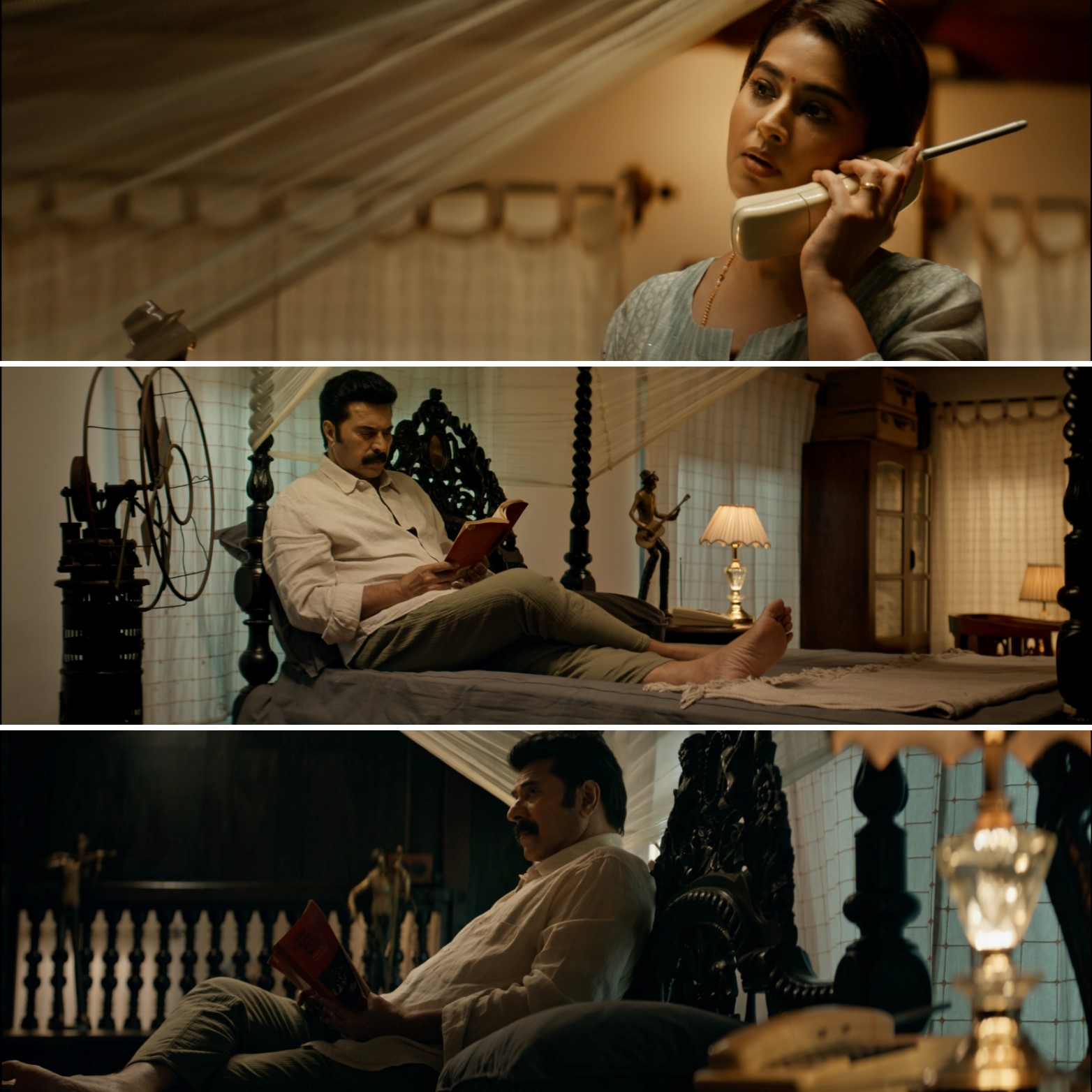
Siddik chose the Special Flair coating for an interesting yet controlled flare. “When the character needs a flare for something interesting, I will place the lights so the camera can capture it, but only when it’s needed,” he said. “There is a striking shot when a character has been killed, and the flare is deliberately white rather than blue – we did that to indicate that perhaps he is passing to heaven.”
Siddik appreciated the amount of experience and ‘institutional memory’ on the set. “Mammootty, Mr. Unnikrishnan, the editor Manoj… so many of my colleagues have 30+ years of experience in the film industry – I was really the only junior! They would talk about the past and tell all their stories; it was so interesting to listen and learn,” he said. “But now I have brought this ‘new’ digital anamorphic format to this major film; maybe now I have a little story.”

Filmtools
Filmmakers go-to destination for pre-production, production & post production equipment!
Shop Now